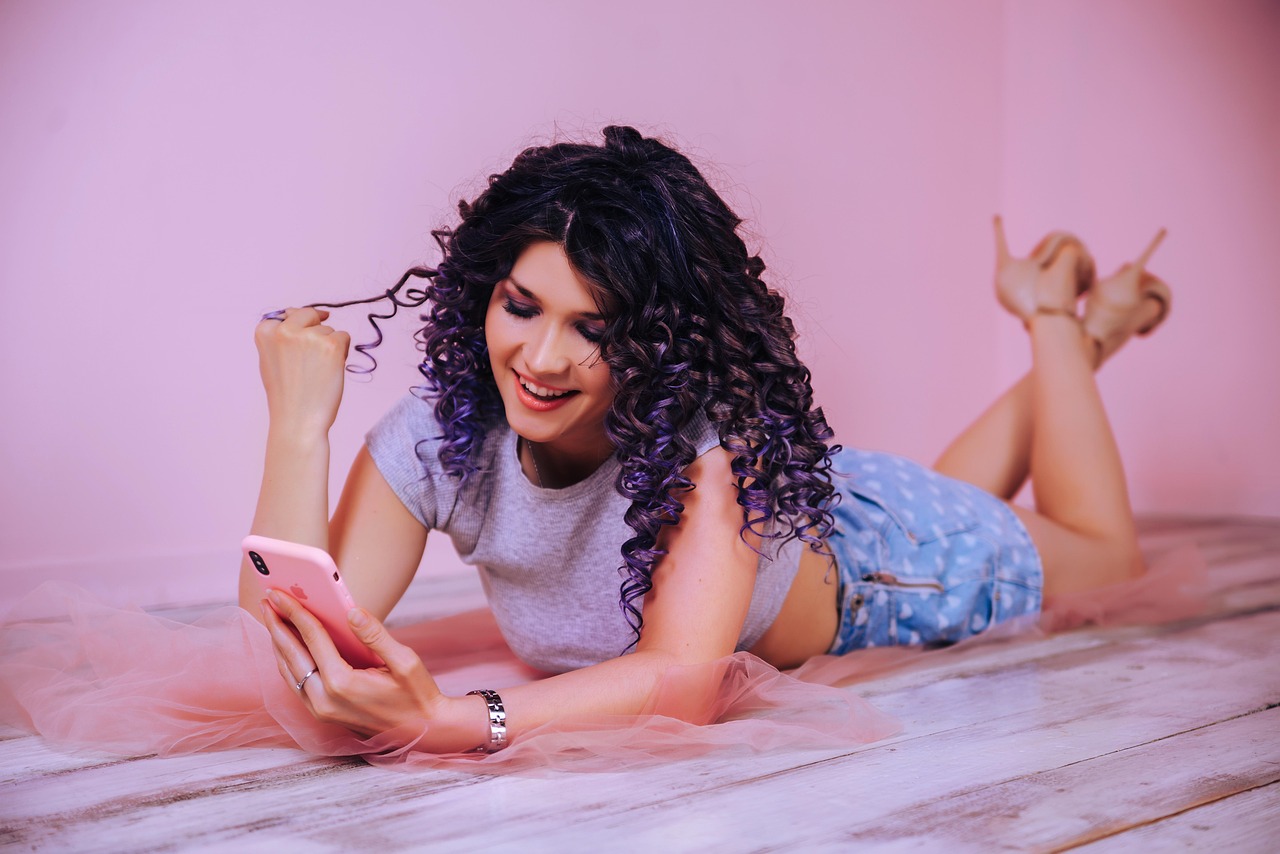Dating today looks nothing like the classic “I’ll pick you up at 5 with roses and chocolates” playbook. Now, it’s a high-stakes game of emotional dodgeball with a dizzying set of unwritten rules. The “3-month rule.” The “talking stage.” The “soft launch.” You practically need a flowchart just to know what to call someone you’ve kissed twice and texted five times.
We’re no longer just dating—we’re talking, seeing each other, hanging out, hooking up, vibing, or “figuring it out.” And good luck asking for clarity—doing so might get you ghosted, or worse: labeled “emotionally intense.”
Dating apps still dominate the scene, but now they’re hyper-optimized. It’s become a literal “pay-to-win” strategy with Hinge+, Tinder Gold, Boosts, and Superlikes. Half the people are looking for quick hookup; the rest are quietly hoping for something real, only to be left on read. And when bios say things like “I’ve got a truck and a cute dog,” followed by “what more could you want?” the answer is simple: emotional maturity.
Maybe, just maybe, you find someone who seems different. You talk for weeks, go on a few dates, and start to feel the elusive spark. And then—bam—you get a message from their actual partner of four months saying, “Hey girlie, just so you know…” Somehow, you’re now the bad guy in a relationship triangle you didn’t know existed.
Everyone wants a deep connection, but no one wants to commit. Everyone’s still not over their first love from when they were 15. People will trauma dump over a first date like it’s a therapy session and then disappear by the third. There’s a weird mix of vulnerability and detachment—like baring your soul in a LinkedIn message.
Everyone’s in therapy, but no one knows how to apologize. People can name their attachment styles, moon signs, and MBTI personalities—but still treat you like a side quest, talking to you when they feel bored or when they come back from a failed date.
And red flags? Sure, they still talk with their ex but now it’s also they believe in conspiracy theories and are anti-capitalist. Red flags are now sympathy points– “daddy issues” and “mommy issues” are now used to attract people instead of sending people running for the hills.
Ghosting has become too basic. Now, you’re digitally “haunted” by everyone you’ve matched with or met. They view your stories, almost as soon as you post them, and leave likes wherever they see your face but you’re still left on delivered after you sent a “What are we” text. They’re everywhere, in your feed, your DMs, your Spotify blend… but not your actual life.
Sure, maybe the apps are the problem. But try meeting someone when half the room isn’t your type. The one person who is? Oh, turns out it’s your ex-situationship, eyeing you all night at the concert. You think, “What the hell,” and dance with them—only to learn three days later they’ve been in a serious relationship for two years; which is when you remember why you left them in the first place.
Dating in 2025 feels like trying to fall in love in an airport terminal—everyone’s moving, no one’s staying, and the announcements are always glitchy.
Maybe when we start treating people like people, not playlists to be shuffled when we’re bored. Maybe when we stop curating our love lives like we do our Instagram grids and remember that awkward first dates and earnest text replies are not cringe—they’re human.
Maybe love in 2025 isn’t dead. Maybe it’s just tired. Tired of being gamified, commodified, and left on read.
And maybe when we stop chasing “the one” who checks every box and start showing up, flaws and all, for the ones who choose us back—we’ll finally remember what dating was supposed to be: not a game, not a performance, but a connection. Messy, mutual, and real.

Katya Ozerkov
Katya Ozerkov is an outgoing content strategist at The Georgia Sun. Despite not being a native Georgian, she has immersed herself in Georgia's vibrant arts scene for several years. As an artist first and foremost, she is passionate about interacting with and fostering connections with artists in the Greater Atlanta metro area and building a supportive creative community.


